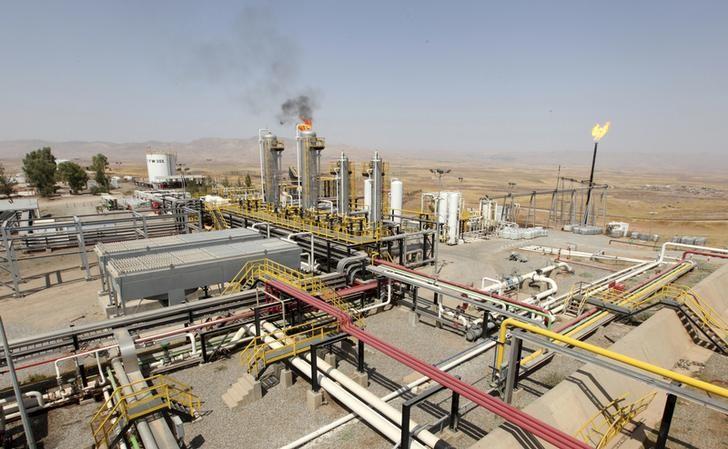Ankara – Washington said earlier it would be willing to facilitate talks between the Iraqi Kurdish authorities and Baghdad to calm escalating tensions over the 92-percent “yes” vote.
Neighboring Turkey and Iran also strongly opposed the vote, fearing it would inflame the separatist aspirations of their own sizeable Kurdish populations, according to Reuters.
Ankara has threatened a series of measures including blocking lifeline oil exports from the region via Turkey.
The Kurds, whose borders with Turkey, Iran and Syria remain open, have condemned the flight suspension as “collective punishment”.
Iraq’s Prime Minister Haider Al-Abadi said it was not “punishment” but a legal measure that would be reversed if the transport authority was transferred to Baghdad in line with the Iraqi constitution.
The ban saw people, many of them foreigners, flock to Irbil airport to avoid being stranded.
Iraqi Kurdistan is home to a large international community, most of whom enter on a visa issued by the regional authorities that is not recognized by the central government, so they cannot travel elsewhere in Iraq.
On Friday, around 100 passengers waited eagerly for their planes in Irbil, where the last flight out was to Vienna at 4 PM.
“We were supposed to go back to Brazil next Saturday but we rescheduled our flight,” said Isidoro Junior, a 32-year-old volunteer for an NGO providing medical assistance to Iraqis displaced by the war against ISIS.
The director of Irbil airport, Talar Faiq Salih said humanitarian, military and diplomatic flights were excluded from the ban.
Earlier, the UN humanitarian office OCHA said it was working to ensure aid could continue to reach tens of thousands of needy Iraqis.
In Sulaimaniyah, foreigners and others needing to leave sped to the airport before the ban took effect, while Kurds who were abroad for business or tourism rushed home.
“There have been masses of people for two days,” said airport spokesman Dana Mohammad Said, adding that the airport remained open for domestic flights.
